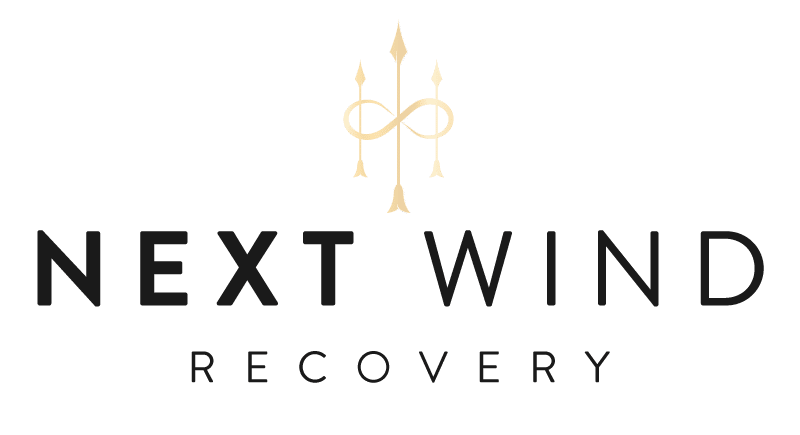Mindfulness is a mental state that involves paying attention to the present moment. It’s an attitude of being aware of one’s thoughts, emotions, and sensations without judging them or adding any secondary meaning. As such, mindfulness is a great tool for those recovering from substance use disorders. It can help you to understand your triggers better, identify negative thinking patterns and neutralize your cravings so that you’re less likely to fall back into your old habits. In this blog post, we’ll go over the role of mindfulness and addiction recovery and how they can be incorporated into your plan.
Next Wind Recovery is a drug rehab in New Jersey. Contact us today to learn more about addiction treatment options available to you.
What is Mindfulness?
Mindfulness is the ability to be fully present in the moment, observing your thoughts and feelings without judgment. This state of being doesn’t require any special skill and can be brought on at any time, even while you’re engaged in other activities. Mindfulness is an essential aspect of many therapy programs, including those used in treatment for substance abuse, because it can help people to:
- Understand what triggers their cravings and how to avoid those situations
- Gain clarity on their emotions and how to respond to them in healthy ways
- Become aware of how their bodies and minds respond to stressful situations
These abilities can help people to live healthier, more fulfilling lives overall.
Why is Mindfulness Important in Addiction Recovery?
Addiction is all about short-term thinking. Addicts crave immediate rewards and push away the long-term consequences of their actions. Mindfulness can help break this cycle and encourage you to live in the moment instead of dwelling on the past or worrying about the future. You’re not living in the present when you’re high or drunk. You’re not fully aware of your situation or the consequences of your actions. The same can happen when you’re craving drugs or alcohol. You’ll feel the craving but won’t be fully aware of what’s happening around you. You can use mindfulness to break this cycle and become more aware of your environment. You can notice your cravings and feelings without letting them control you. Mindfulness in recovery can help you to avoid risky situations, like being around people who use drugs, that could lead to relapse.
What are the Benefits of Mindfulness in Recovery?
- Gives You a Greater Sense of Self – When you’re in the moment, you don’t have time to compare yourself to others or judge yourself based on your past mistakes. Instead, you can appreciate yourself just as you are. You can take pride in your strengths and be mindful of your weaknesses. With this greater sense of self-worth, you’ll feel empowered to overcome your addiction and live healthier lives.
- Helps You to Identify Your Triggers – You can use mindfulness to become aware of the situations that trigger your cravings and the emotions that go along with them. By paying attention to your thoughts, you can discover where your bad habits stem from and find ways to avoid them in the future. You can learn to avoid negative thinking patterns that lead to self-destructive behavior and use positive thinking to build a brighter future.
- Soothes Your Cravings – When craving drugs, it can feel impossible to get through the moment without giving in. You might be overwhelmed with thoughts of your drug of choice and how much you want to use. Mindfulness can help you to calm these cravings and get through the moment without falling back into your old habits.
How Can Mindfulness Be Utilized in Recovery?
There are many different ways to practice mindfulness for addiction. For example, you can use traditional meditation practices, guided imagery, or self-directed exercises. While there is no “right” way to practice mindfulness, some best practices can make the process more effective.
- Start Small – Sitting still and focusing on your breath for minutes can be incredibly daunting for people just starting mindfulness. Pick a short exercise to start with so that you don’t get discouraged and give up before seeing any benefits.
- Be Gentle with Yourself – If you’re beating yourself up over every mistake or judging yourself for not being “good enough,” you’re not doing yourself any favors. Instead, be gentle with yourself and be okay with making mistakes. It’s impossible to be perfect.
- Learn to Let Go – At some point, every person practicing mindfulness must let go of the thoughts they’re holding on to. It’s impossible to shut off your stream of consciousness completely, so you’ll always be thinking to some extent. Instead of fighting the thoughts, learn to let go of them before they become overwhelming.
Next Wind Recovery Provides Mindfulness-Based Therapy for Substance Abuse
At Next Wind Recovery, we offer mindfulness-based therapy as part of our holistic approach to substance abuse treatment. Our therapists will guide you through mindfulness exercises and help you to integrate mindfulness into your daily life. This can help to reduce your cravings and empower you to take control of your life again. We encourage you to contact us if you’re interested in learning more about our mindfulness-based therapy program or other treatment options. Our team is ready and waiting to help you get the treatment you need to recover fully. We’re here to help. You don’t have to face addiction alone. We can help you to create a plan that works for you and your unique situation. Call Next Wind Recovery today to learn more about our New Jersey outpatient rehab center.








